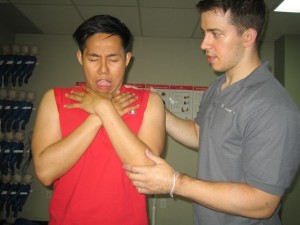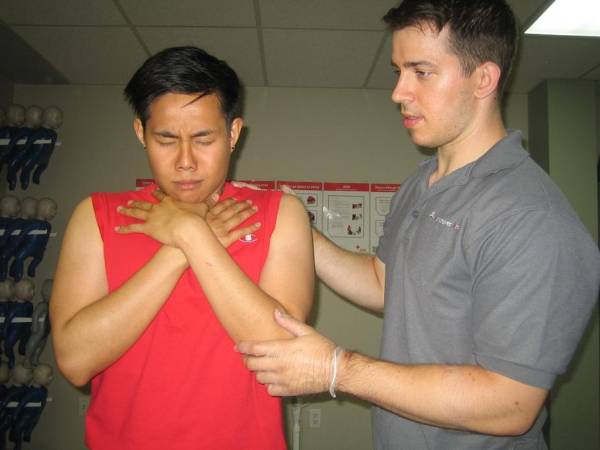When an individual is diagnosed with COPD, the twin objectives of avoiding flare-ups and improving overall lung function must be observed daily, whether the symptoms are mild, moderate or severe.
It is vital to help the individual feel better. This can be achieved by working hand in hand with a doctor so that appropriate measures can be carried out.
Close look on COPD treatments
Luckily, there are different treatment options available for COPD that can improve the symptoms, slow down the progression of the disease and minimize any exacerbations.
Whether the treatment involves medications, rehabilitation or other therapies, it is important to carefully follow the instructions given by the doctor and inform if the symptoms are not properly controlled.

Medications
Inhaled corticosteroids and bronchodilators are available for the condition.
- Bronchodilators allows the individual to breathe easier by relaxing the muscles that surround the airways.
- Inhaled corticosteroids are believed to suppress the inflammation in the airways but often given to individuals with severe COPD to minimize and treat exacerbations.
- Combination inhaled medications that contain both corticosteroid and bronchodilator are also available.
Oxygen therapy
If the blood and oxygen level in the tissues drop, the doctor might recommend oxygen therapy that is administered regularly from a portable tank or device.
The therapy might be routine or for only a few hours in a day. The treatment can help with shortness of breath. Based on studies conducted, oxygen therapy makes it easier for the individual to perform daily tasks, improve sleep and have benefits for organ health and overall longevity.
Pulmonary rehabilitation
Depending on the severity of the symptoms, the individual can benefit from pulmonary rehabilitation. This is a form of therapy that involves respiratory exercises and physical activities specially designed to strengthen the breathing muscles and improve overall lung and exercise capacity.
When lung and exercise capacity improves, it reduces the shortness of breath, fatigue and minimize anxiety and depression that oftentimes occur during COPD.
Surgical intervention
In severe or advanced cases of COPD and if other treatment options are ineffective, surgical intervention is considered in which overgrown air pockets or impaired lung tissues are taken out. In some cases, the whole organ might require replacement. Remember that surgery has certain risks of serious complications, thus the individual should carefully discuss with his/her doctor before the surgical approach is considered.

